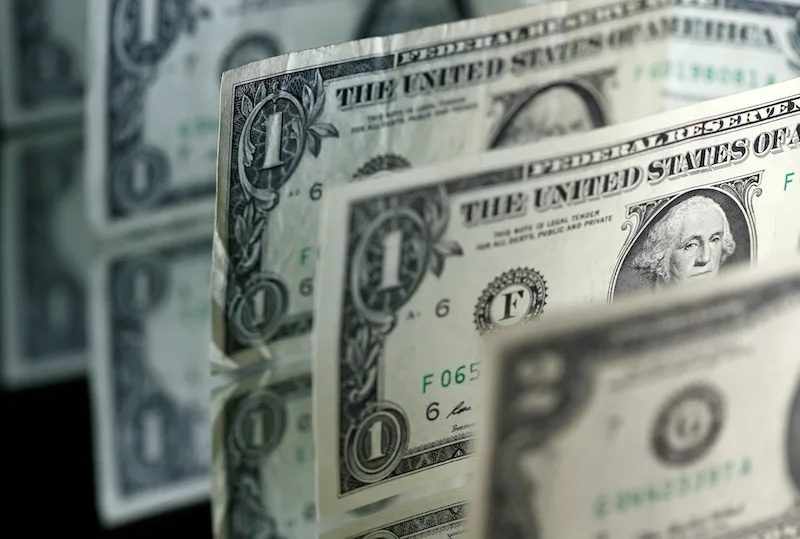Bitcoin/cryptos: a new liberal litmus test
- Date: 13-Jun-2021
- Source: Financial Times
- Sector:Financial Markets
- Country:Middle East
Bitcoin/cryptos: a new liberal litmus test
El Salvador's 39-year-old president Nayib Bukele is living up to his millennial credentials with a ringing endorsement of cryptocurrencies. Bukele's adoption of bitcoin as legal tender in El Salvador has the optimistic intention of improving financial inclusion and speeding up foreign exchange.
A thumbs up from a small, poor, crime-ridden state counts for little on its own. But it adds to the modest tally of states encouraging the use of cryptocurrencies as mediums of exchange. At the moment, bitcoin and its imitators are barely more than wildly fluctuating meme stocks.
Supporters of cryptos are a formidable lobby group on social media. In the real world, their opponents are much more powerful. China has warned banks not to provide bitcoin services to its 1.4bn inhabitants. The crackdown coincided with the rollout of an official digital currency.
India, the second most populous nation, is reportedly considering the criminalisation of crypto ownership, trading and mining. Turkey announced in April it would ban cryptocurrencies as payment after the falling lira led locals to swap their currency for bitcoin crypto exchanges.
The correlation between cryptophobia and authoritarian leadership is glaring. The exception would appear to be the Philippines, a big destination for remittances that has given explicit approval for crypto























